The Strad speaks to the German cellist about the importance of early exposure to classical music, particularly in schools, and how he aims to tackle the lack of it
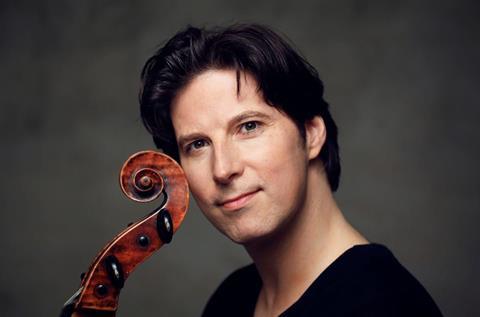
Discover more Featured Stories like this in The Strad Playing Hub
Were you surrounded by music from an early age?
I grew up in a musical family, as my mother played the harpsichord. In my early years I was surrounded by lots of baroque music, rehearsals and my mother’s music friends, so I got to know a lot of different instruments. My brother ended up choosing the piano, and I chose the cello after experiencing Yo-Yo Ma with the Schumann Cello Concerto.
Did you also receive musical influences from school?
Unfortunately, not that many in normal school. In my experience school programmes included very little classical music. It is my strong belief, that in our world today we must reach out, and I’m very active in that. When I travel, I like to go to schools, share some music and show the school kids how wonderful classical music can be.
Why do you think it has been minimised so much?
It might have to do with the general shift towards the arts in our societies. Many young kids don’t get any chance to listen to classical concerts. Maybe they feel they can’t be a part of it because it’s expensive or because of some dress codes. There are so many obstacles. And even though schools do provide students with the opportunity to learn an instrument and there are teachers available, for some reason not many kids actually take it up. In recent years, priorities have been set differently, particularly from the political side. Art, music and sports were reduced. Also, this tradition of music making at home – which was much more prevalent before – it’s not really happening anymore. Parents are often busy with a full schedule and very little time. I want to re-create that kind of environment, even if it’s on a small scale. It’s worth doing.
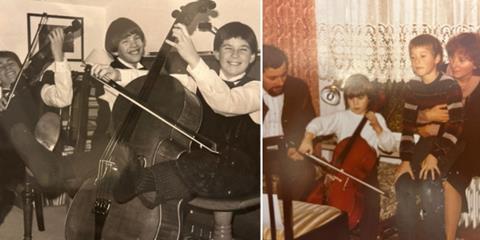
What do you hope to achieve by exposing young children to classical music?
My goal is to overcome these barriers, and to reach out and go to schools or invite children to the hall and show them what life as a musician feels like. I want to give them a picture behind the scenes and take them around and make it an experience they will remember – in a similar way I had it as a 5-year old boy with the Schumann concerto. When an outside musician comes in, the children are inspired, and many kids have written to me after telling me that they have started playing.
Why do you think it’s important to be exposed to classical music at an early age?
Learning an instrument is a fantastic opportunity. Children experience something completely new and fresh in their lives. We all know what music can do to us – in terms of concentration, learning, interacting, speaking, listening, memory, empathy – so many aspects of life. It’s something that on so many other levels is creating something extremely positive.
And on an even larger, social level, the opportunity for children to play music together can be life changing. At first you can encourage them to play an instrument, then they can create small chamber orchestras, and find ways to help the whole school. It’s amazing to see what music is able to do on this level too. I believe music makes us listen and deeply understand each other, all those elements which we need so much in our world today.
Read: ‘The cello brings in darker qualities than the violin’: Daniel Müller-Schott
Read: ‘I’m simply grateful each time I play it’ - Daniel Müller-Schott on the Elgar Cello Concerto
Discover more Featured Stories like this in The Strad Playing Hub
The number one source for playing and teaching books, guides, CDs, calendars and back issues of the magazine.
In The Best of Technique you’ll discover the top playing tips of the world’s leading string players and teachers. It’s packed full of exercises for students, plus examples from the standard repertoire to show you how to integrate the technique into your playing.
The Strad’s Masterclass series brings together the finest string players with some of the greatest string works ever written. Always one of our most popular sections, Masterclass has been an invaluable aid to aspiring soloists, chamber musicians and string teachers since the 1990s.
American collector David L. Fulton amassed one of the 20th century’s finest collections of stringed instruments. This year’s calendar pays tribute to some of these priceless treasures, including Yehudi Menuhin’s celebrated ‘Lord Wilton’ Guarneri, the Carlo Bergonzi once played by Fritz Kreisler, and four instruments by Antonio Stradivari.

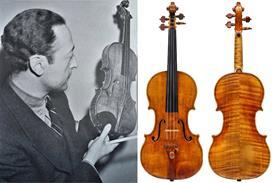
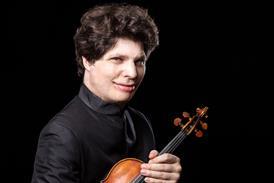

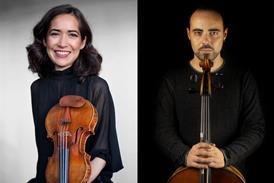




















































No comments yet